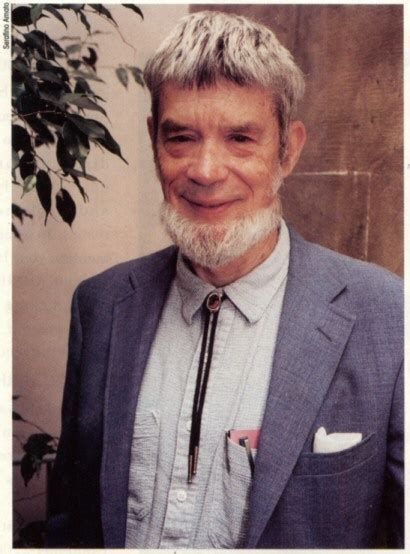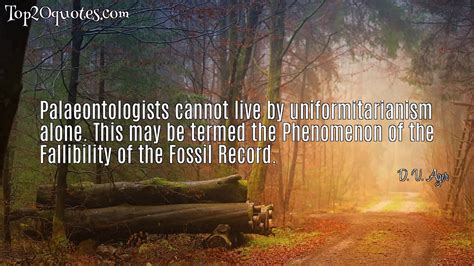A Quote by John Tyler Bonner
The reason for natural selection's great success is that it provides a satisfying explanation of how evolution might have occurred: individual organisms vary, and if those variations are inherited, the successful ones will survive and propagate and pass down their desirable traits to succeeding generations.
Related Quotes
The basic formulation, or bare-bones mechanics, of natural selection is a disarmingly simple argument, based on three undeniable facts (overproduction of offspring, variation, and heritability) and one syllogistic inference (natural selection, or the claim that organisms enjoying differential reproductive success will, on average, be those variants that are fortuitously better adapted to changing local environments, and that these variants will then pass their favored traits to offspring by inheritance).
Group selection and individual selection are just two of the selection processes that have played important roles in evolution. There also is selection within individual organisms (intragenomic conflict), and selection among multi-species communities (an idea that now is getting attention in work on the human microbiome). All four of these levels of selection find a place in multi-level selection theory.
Natural Selection is not Evolution. Yet, ever since the two words have been in common use, the theory of Natural Selection has been employed as a convenient abbreviation for the theory of Evolution by means of Natural Selection, put forward by Darwin and Wallace. This has had the unfortunate consequence that the theory of Natural Selection itself has scarcely ever, if ever, received separate consideration.
Evolution is variation and selection. If you can vary alternatives, and select among them, improvement emerges. It works in technology, in apps, and in life itself. What stunned me about seasteading is that it's a technology for variation and selection in governance itself. The reason some two hundred nation-states do a poor job of governing seven billion people is that they don't vary, and people don't select.
If the organisms in a species now have trait T, and this trait now helps those organisms to survive and reproduce because the trait has effect E, a natural hypothesis to consider is that T evolved in the lineage leading to those current organisms because T had effect E. This hypothesis is "natural," but it often isn't true!
In fact, books are still being published by the lunatic fringe with the same explanation. In case this book should be read by some fundamentalist searching for straws to prop up his prejudices, let me state categorically that all my experience (such as it is) has led me to an unqualified acceptance of evolution by natural selection as a sufficient explanation for what I have seen in the fossil record.
































